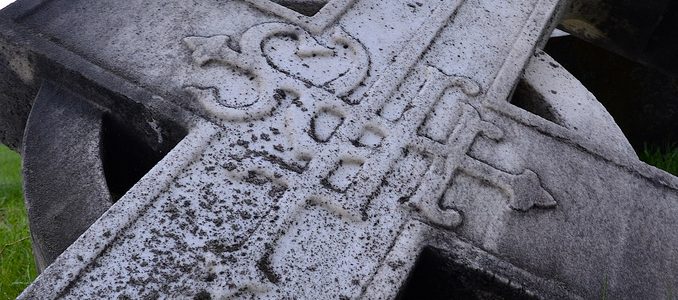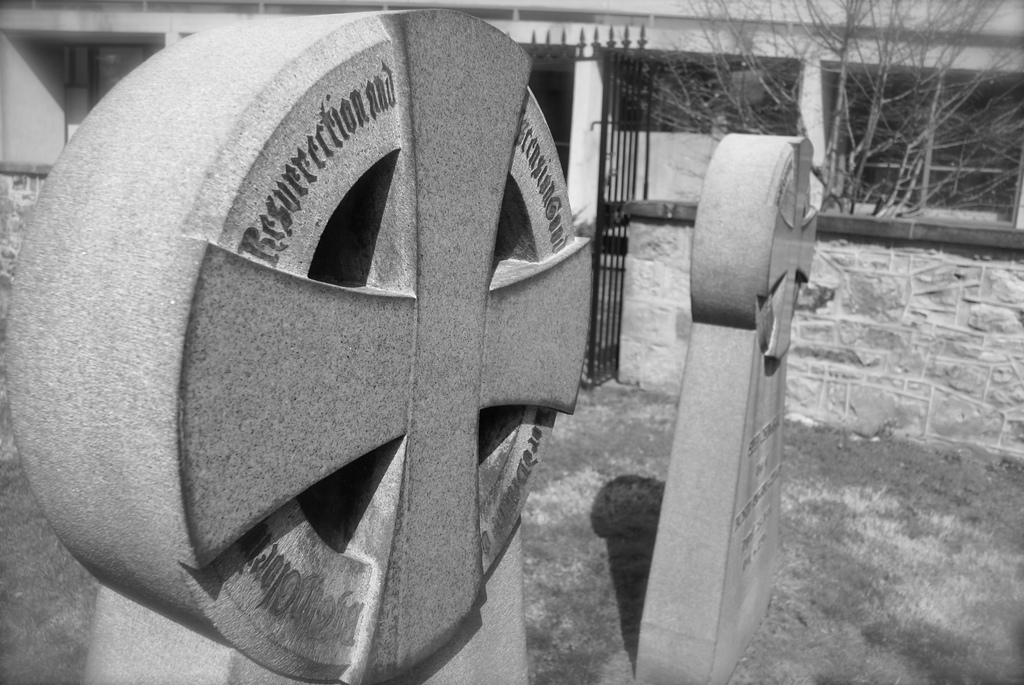Reading D. A. Carson’s How Long, O Lord is bringing me to terms with some of the more basic premises that I was raised with, that on some level I still believe, but when taken to an extreme I realize are not only problematic, but wrong. For example, Carson here is commenting on Luke 13:1-5, a very important passage for understanding how Jesus viewed the issues of suffering and guilt.
Jesus does insist that death by such means is no evidence whatsoever that those who suffer in this way are any more wicked than those who escape such a fate. The assumption seems to be that all deserve to die. If some die under a barbarous governor, and others in a tragic accident, it is no more than they deserve. But that does not mean that others deserve any less. Rather, the implication is that it is only God’s mercy that has kept them alive. There is certainly no moral superiority on their part.
Of course I know the citations: “the wages of sin is death” (Rom. 6:23) and “all have sinned and fall short of the glory of God” (Rom. 3:23), but I am not sure it follows to say that “all deserve to die.” We can say that “all will die.” And we can say that our mortality is the result of human sin (Gen. 3). And we can say that everyone has sinned, has offended God, has harmed others, has been selfish, and not loved when we should have. But it is a significant step to say that “all deserve to die.”
“To deserve to die” means that someone has earned or merited death and the implication of Carson’s comments (and it occurs to me, of much of Protestant theology) is that even the infant merits death, whether of an illness, accident, or murder. This strikes me as not only offensive and problematic on the surface (what might an infant do in their short life to deserve death?), but highly problematic since it means a leveling of all actions and thoughts. Yes, we might say “sin is sin,” but God’s Law itself makes a distinction between the taking of someone’s grain and taking their wife. One is clearly a greater sin than another, requiring different sacrifices, reparations, and consequences accordingly.
So I believe this is where I will depart from Carson and many. “All have sinned and fallen short of the glory of God” and “the wages of sin is death” but I do not believe that “all deserve to die.”
Final note: I also think that Carson is missing the eternal perspective of Jesus’ comments in Luke 13:1-5. When Jesus says “unless you repent, you too will all perish” it cannot be a reference to leaving this mortal realm, because not even repentance will save you from this death; it may delay it, but it will not eliminate it. Rather repentance offers one eternal life.
[Jesus said,] “Do you think that these Galileans were worse sinners than all the other Galileans because they suffered this way? I tell you, no! But unless you repent, you too will all perish. Or those eighteen who died when the tower in Siloam fell on them—do you think they were more guilty than all the others living in Jerusalem? I tell you, no! But unless you repent, you too will all perish.”





